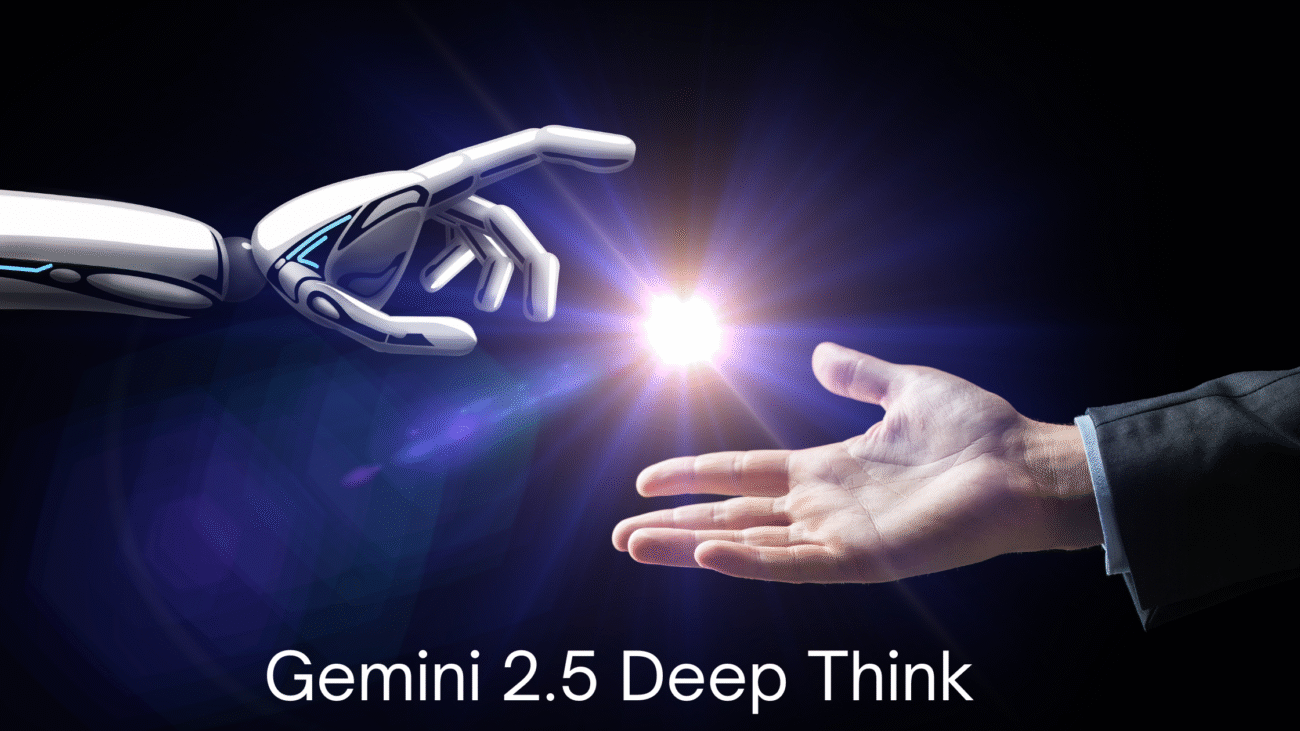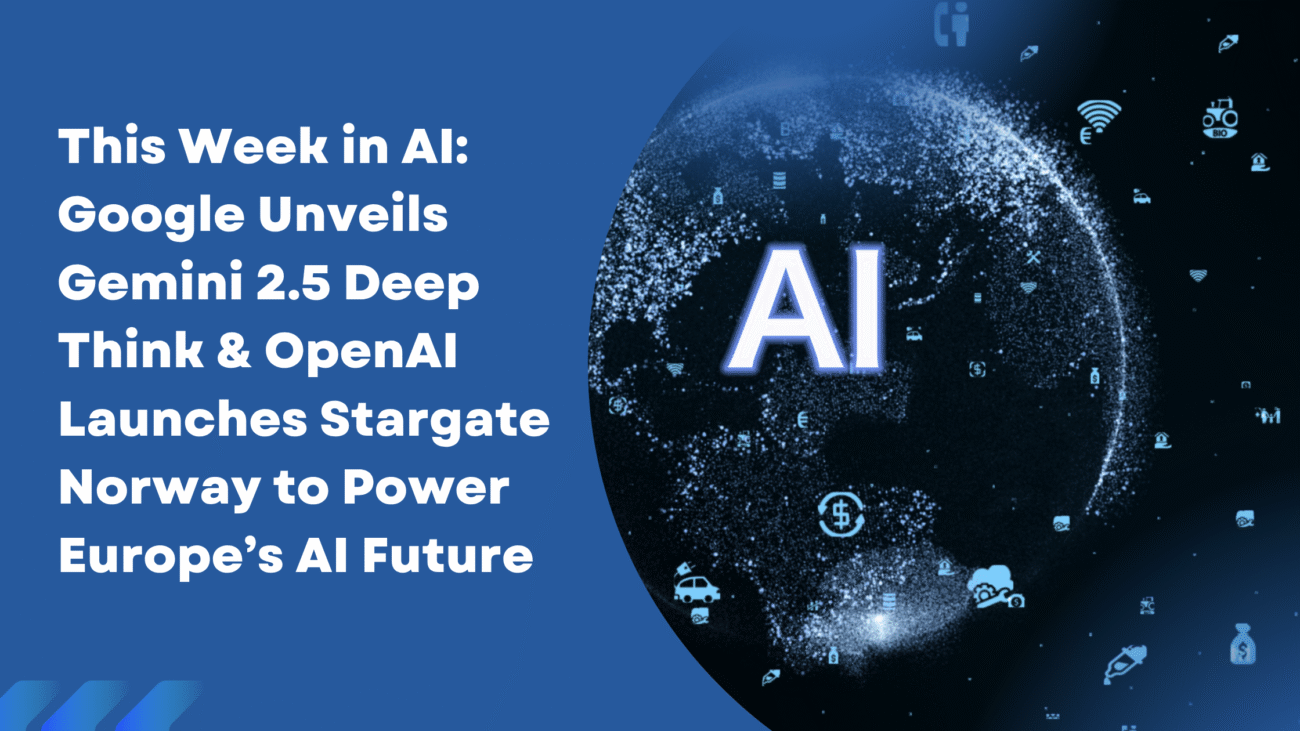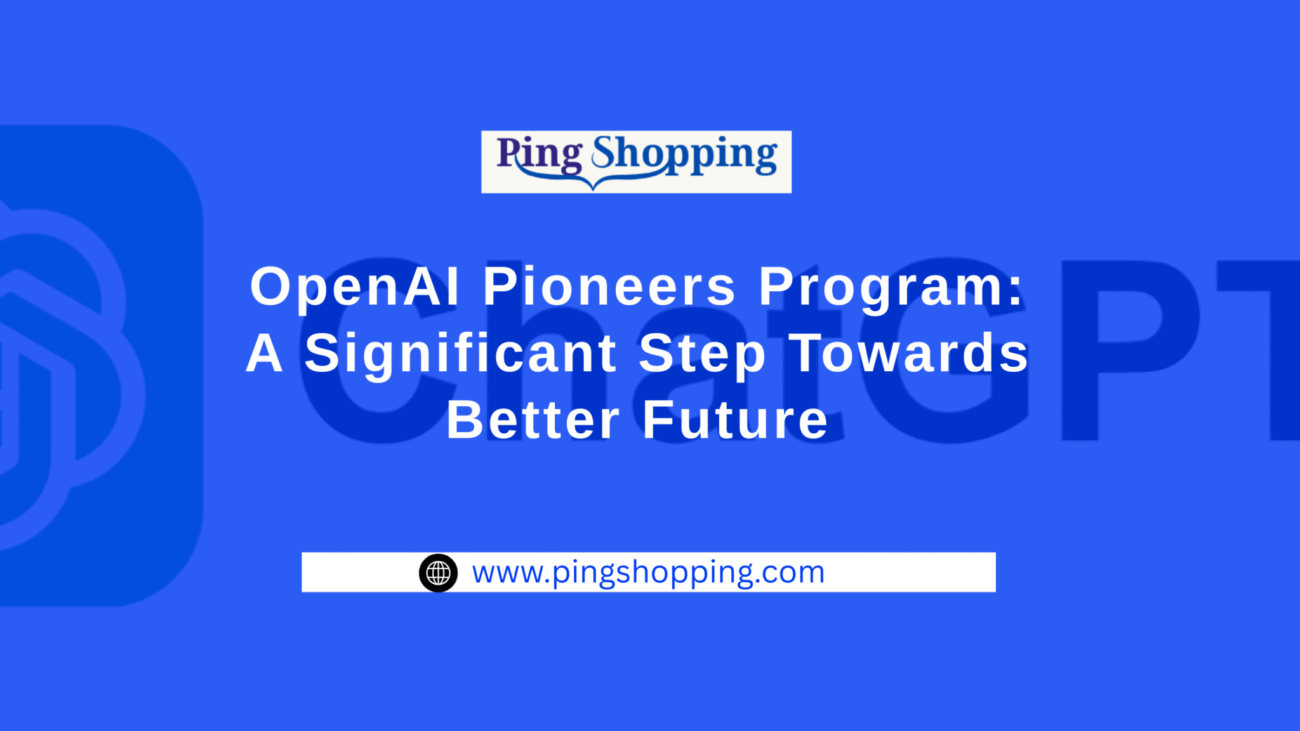The AI community is abuzz with two big announcements marking significant points in both artificial intelligence capability advancements and the infrastructure necessary to enable them. Google has started rolling out Gemini 2.5 Deep Think for its Ultra AI subscribers. On the other hand, OpenAI has rolled out Stargate Norway, its inaugural European data center initiative designed to facilitate sovereign AI development and sustainability objectives. Collectively, the steps prove the way in which the AI arms race is escalating on both the technology and infrastructure fronts.
Google’s Gemini 2.5 Deep Think: A Quantum Advance in Reasoning and Creative Problem-Solving

After its I/O 2025 preview in May, Google is now formally launching Gemini 2.5 Deep Think to its AI Ultra subscribers, delivering unprecedented depth of thought and creative problem-solving. Described as an instrument that “pushes the frontier of thinking capabilities,” Deep Think leverages a new technique referred to as parallel thinking. This enables the model to create and ponder multiple ideas simultaneously, refine them over time, and coalesce on the optimal solution.
According to Google, this new mode provides Gemini more time to infer—basically, more thinking time—to mimic how humans think or reflect at length before they solve a complex problem. This improvement rides on reinforcement learning breakthroughs that empower longer, more subtle chains of reasoning.
Real-World Impacts and Performance Gains
The release represents a huge advance from the first version promoted in May. For example, Gemini 2.5 Deep Think now achieves a whopping 87.6% on the LiveCodeBench, measuring up to competition-level coding proficiency—compared to 80.4% a few months ago.
Deep Think excels in areas that demand iterative, structured thinking and high-pressure reason—like:
- Web and software development: Gemini can iterate on aesthetics and functionality step by step.
- Complex coding challenges: The model deals with abstract construction and time/space optimizations more efficiently.
- Scientific and mathematical thought: It has shown Bronze-level ability in the 2025 International Mathematical Olympiad (IMO) standards and can help develop and investigate intricate mathematical conjectures.
Google highlights that Deep Think is designed for activities that involve building intricate outputs piece by piece—something like how architects sketch, edit, and iterate over designs.
User Experience and Access
For subscribers to Google’s AI Ultra plan ($249.99/month in the United States), Deep Think is now accessible through a special button in the Gemini 2.5 Pro interface, on web and mobile. Usage is restricted to a couple of prompts a day, presumably owing to its computationally intensive nature.
Google also plans to roll out a version of Deep Think with and without tool integrations—like code execution and web search—for trusted testers in the coming weeks. These versions will allow developers and enterprise users to evaluate their applications in industry workflows, potentially reshaping fields like research, law, engineering, and scientific discovery.
OpenAI’s Stargate Norway: Building the Future of European AI Infrastructure
As Google boosts AI cognition, OpenAI is building the physical infrastructure to fuel AI at scale with its announcement of Stargate Norway—its first data center project in Europe under the OpenAI for Countries initiative. The facility, which will be in Narvik, is one of the most ambitious AI infrastructure investments in Europe to date.
Pre-empting 230MW of initial compute capacity—expandable to 520MW—Stargate Norway will house 100,000 NVIDIA GPUs by the close of 2026, with plans to scale far larger. The operation will run solely on green hydropower, a reference to Europe’s climate ambitions and the sustainability pledges of OpenAI.
Strategic Partners and Design Innovation
The facility is a partnership between Nscale, an expert in European and North American AI infrastructure, and Aker, a Norwegian industrial giant with more than a century’s worth of energy know-how. Nscale will construct and design the plant, and the two companies will share ownership equally.
There are some key aspects of the design that differentiate Stargate Norway:
- Closed-loop, direct-to-chip liquid cooling for highest efficiency.
- Surplus heat recovery to fuel the low-carbon industry in the region.
- Renewable energy sources, taking advantage of Narvik’s low-cost and ample hydropower.
The data center will not be used exclusively by OpenAI. Priority access will be offered to Norwegian researchers, startups, and AI developers, with overcapacity going to the wider European market—incorporating the UK, Nordics, and Northern Europe.
Geopolitical and Economic Significance
The launch of Stargate Norway signals OpenAI’s growing effort to support sovereign AI development around the world. Norway’s AI adoption strategy, youth-driven developer community, and stable industrial base make it an ideal partner.
- OpenAI’s move comes on the heels of similar partnerships with:
- The UAE (Stargate UAE)
- The UK Government (MOU to accelerate AI adoption and build infrastructure)
- Estonia (nationwide deployment of ChatGPT in secondary education)
OpenAI has also filed Expressions of Interest to join the EU’s AI Gigafactories initiative, a project to create sovereign compute capacity in Europe.
Related informational articles
What It All Means: A Convergence of Intelligence and Infrastructure
These two significant breakthroughs—Gemini 2.5 Deep Think and Stargate Norway—illustrate the twin fronts on which the AI revolution is gaining momentum:
Smarter AI: With Deep Think, Google is recasting the possibilities of generative AI by challenging models to think more thoughtfully and reason more widely. It isn’t just about longer responses—it’s about improved thinking, greater creativity, and better capability for getting through tough problems.
Stronger Infrastructure: OpenAI’s Stargate Norway highlights the increasing need for physical infrastructure capable of powering such intelligence sustainably and at scale. The competition for AI dominance is no longer just about who has the best model—it’s also about who can run them efficiently and equitably.
As AI systems grow more capable and ubiquitous, we’re entering an era where compute infrastructure is the new geopolitical chessboard, and AI cognition is becoming a key differentiator in research, business, and government. What Google and OpenAI have announced this week may just be the opening moves in a much broader transformation.
Bottom Line
AI is evolving rapidly, so align your profession with this to grow in your career. It is touching every aspect of our lives. Google and OpenAI are leading from the front to bring the upgrades. To stay up-to-date with more AI information, keep reading at Pingshopping.com.
“If you found this article helpful, share it with your circle and follow PingShopping on social media”









